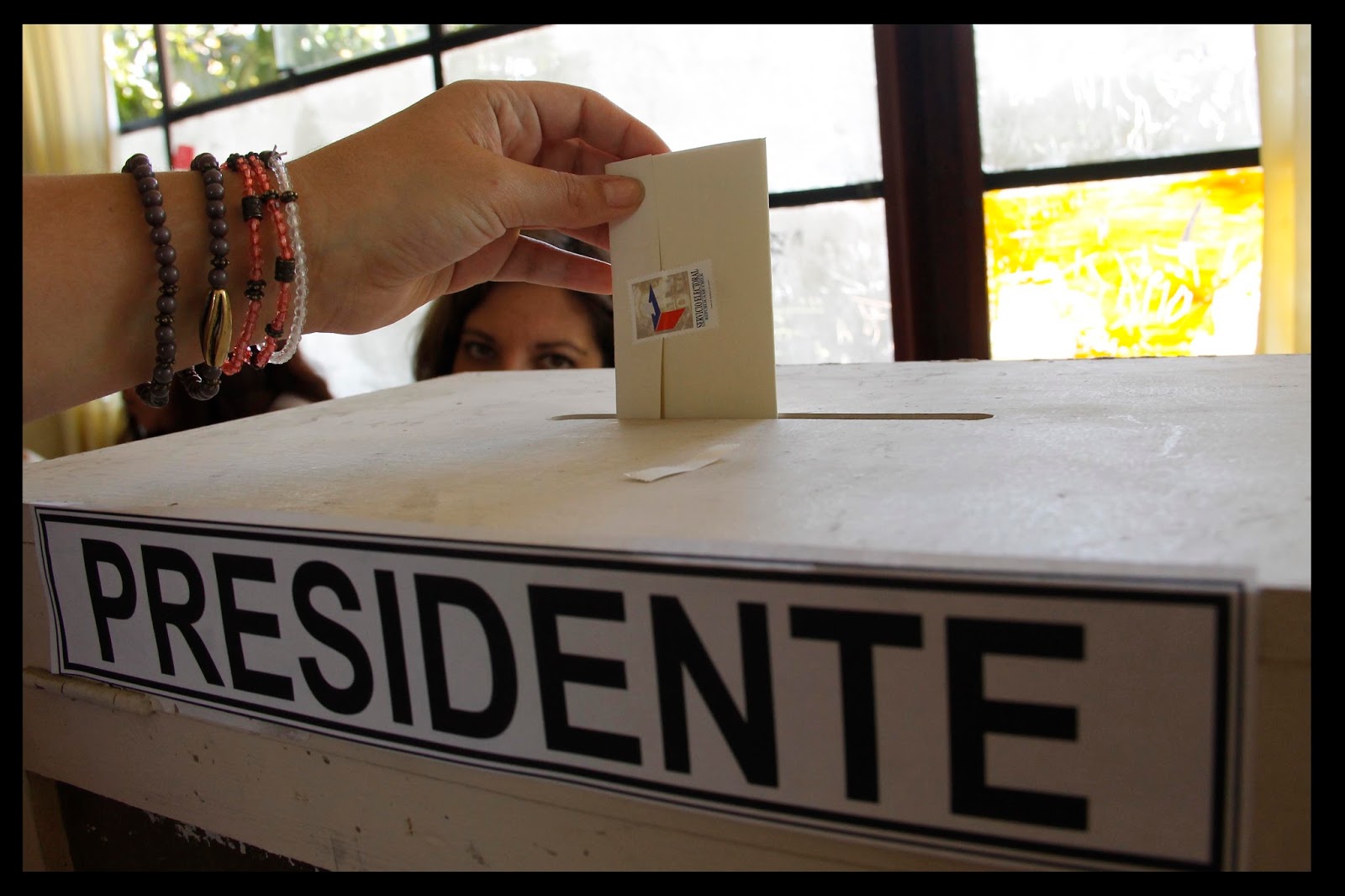The incumbent government presented a competitive candidacy just two weeks from the primary elections that will determine Argentina’s presidential contenders.
However, amid a debilitating economic crisis, the electorate’s disillusionment is palpable, making it uncertain how many will turn out to vote.
Sergio Massa’s presence has given the Peronist Party a perceived edge, said Juan Germano, Director of Corporate Affairs at Isonomía Consultoresl, to the EFE news agency.
Despite the economic challenges, with inflation nearing 116% annually, and the strange phenomenon of formally employed people living in poverty, Massa has managed to buoy the government’s morale.

However, the rise of the ‘blue’ exchange rate is an alarming indicator that will inevitably fuel inflation.
Argentina’s primary elections are set for August 13, followed by general elections to select the president, senators, congresspeople, and local representatives on October 22.
If necessary, a second round for the presidential election will occur on November 19.
Significantly, incumbent President Alberto Fernández, former President Mauricio Macri (2015-2019), and Vice President and former President Cristina Fernández (2007-2015) will not be contesting.
With mandatory voting laws and typical turnout rates around 80%, it’s unclear how the economic crisis may impact the upcoming elections.
As Germano points out, observing voter turnout will be especially insightful, as recent provincial elections saw a 7% drop in participation.
Germano attributed the decline in voting interest primarily to the electorate’s disappointment with the state of affairs, where a common perception prevails that political entities are incapable of resolving the crisis.
Isonomía segmented the Argentine electorate into four quarters, one of which comprises disillusioned voters, characterized by apathy and frustration, who have disengaged from public affairs, believing that nothing changes their lived experience.
In opposition, the primary candidates from the main opposition coalition, Juntos por el Cambio (center-right), are Buenos Aires Mayor Horacio Rodríguez Larreta and former Security Minister Patricia Bullrich.
Their contest has become an internal race, with both candidates strongly criticizing each other.
Meanwhile, economist Javier Milei, an ultraliberal candidate, has stirred public discourse with his proposal to dollarize the economy.
This has allowed many Argentines to claim their right-leaning tendencies publicly.
Notably, the four leading candidates in these elections all lean towards market-friendly policies.
The political shift towards the right, noted by Germano to EFE, could open an interesting opportunity for the hard left in Argentina.
Usually securing only 3-4% of the vote, they could potentially make historical gains in this election, rising to 7-9%.
With information from EFE

